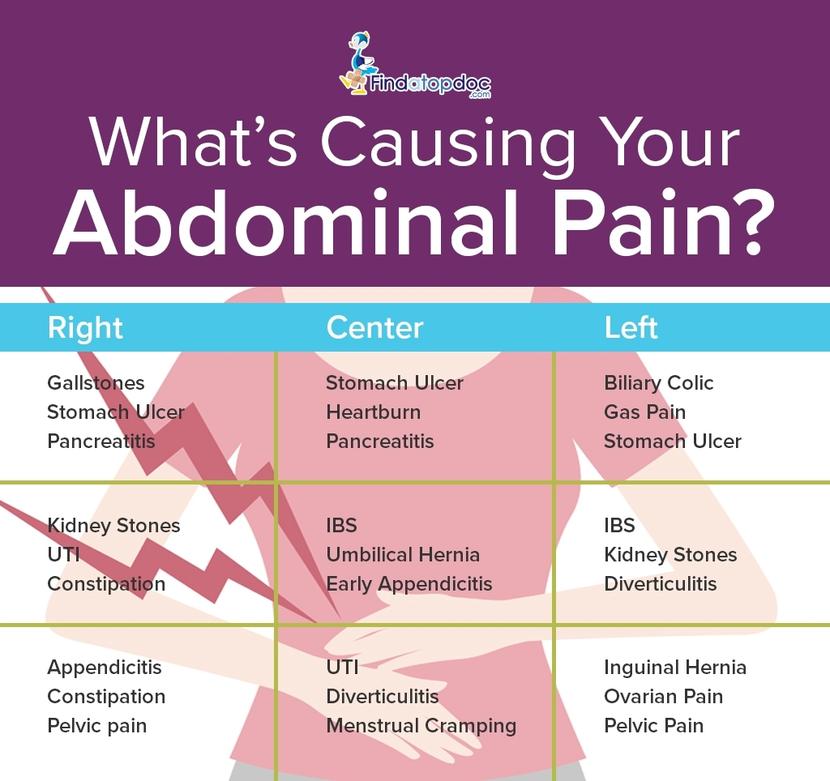
There are many treatments for low abdominal pain, and some are more effective than others. However, you should see a doctor as soon as possible if you have other symptoms. Other common signs include high fever, blood in the stool, and lightheadedness. Your physician can prescribe medications for your low abdominal pain. A simple paracetamol packet may be sufficient. If your abdominal pain is more severe, you should see a doctor for diagnosis and treatment.
Lower abdominal pain treatments are available in both clinics and at home. Your doctor will conduct a physical exam to determine the cause of your pain. During the exam, your physician will evaluate your symptoms and determine if you need surgery. In some cases, treatment may involve changing your diet and lifestyle. In severe cases, your doctor may recommend a more aggressive treatment, such as removing the infected appendix. If you do not improve after three months, your doctor may recommend an alternative treatment.
A doctor can use a combination of history and physical exams to diagnose the cause of your pain. Treatment options can range from simple lifestyle changes and prescription medications to surgical procedures. Depending on the cause of your abdominal pain, the treatment you receive can be as simple as lifestyle changes and medication. Although there are no specific treatments for lower abdominal discomfort, some conditions may require surgery to relieve the symptoms. For instance, if you are experiencing severe ulcerative colitis, surgery may be necessary.
Symptoms of abdominal pain can be vague or can develop gradually. The cause of your low abdominal pain may be different for different people. Depending on the severity of your condition, your doctor may recommend a simple lifestyle change or surgery. In severe cases, a patient may need emergency surgery, which may be needed to treat the condition. If the symptoms are uncontrollable, a physician may recommend a more invasive procedure, such as an enema.
The cause of the abdominal pain is an important factor. This can range from a minor problem to emergency surgery. The doctor will ask you about the location of the pain and how long it has lasted. A physical examination will also determine whether you need further testing. If your doctor suspects that the pain is caused by a medical condition, he or she may recommend other treatments. Your doctor may prescribe medication or recommend lifestyle changes.

If the abdominal pain is severe, it may be a symptom of a serious illness. You may need a prescription or other treatment, depending on where the pain is located. Usually the pain may be symptomatic. In other cases, it may be caused by a bacterial infection or an infection of the digestive system. Your doctor will determine the cause of your lower abdominal pain by reviewing your symptoms and medical history.
If you have severe pain in your lower abdomen, your doctor will investigate your symptoms. Your pain may be chronic or acute, and it may be caused by an illness or accident. The cause of abdominal pain can be anything from a minor problem to a more serious illness that requires urgent treatment. If you have severe pain in the lower abdomen, consult a doctor as soon as possible to rule out possible complications. Your doctor will also look for any abnormalities.
Your doctor will ask about the location and symptoms of your pain. If the pain is severe, your doctor may do a rectal exam or pelvic exam to rule out other problems. CT scans can also be used to diagnose certain infections or diseases. The cause of lower abdominal pain will determine what treatment is needed. If you are unsure, the medical site value co th will recommend a course of treatment depending on your symptoms.
Doctors will ask about the location of your pain and how long it has lasted. Some patients will experience some degree of pain and may require antibiotics, while others will not require antibiotics. The doctor will then perform a pelvic examination to rule out any underlying problems. If your doctor finds the cause of your pain, he will recommend appropriate treatment. Your doctor may recommend medication, surgery, or lifestyle changes.